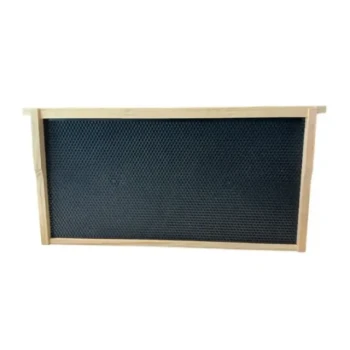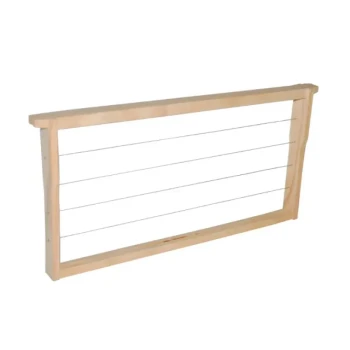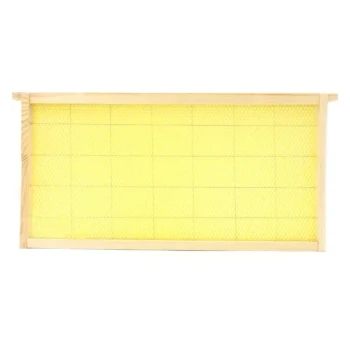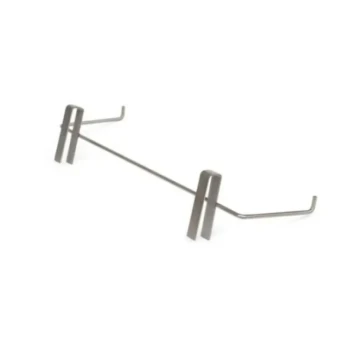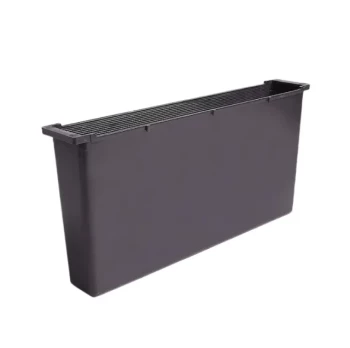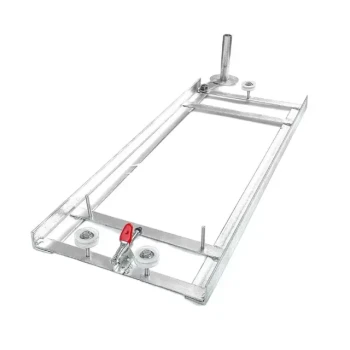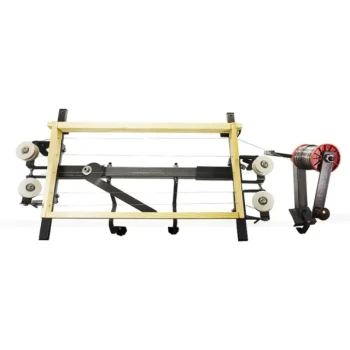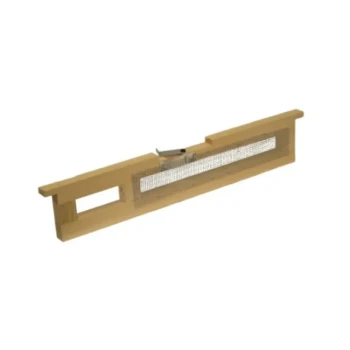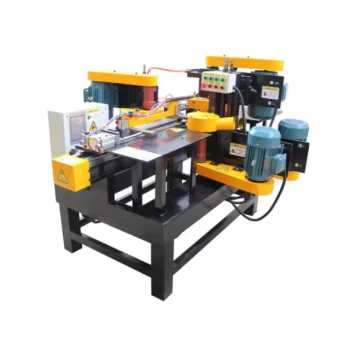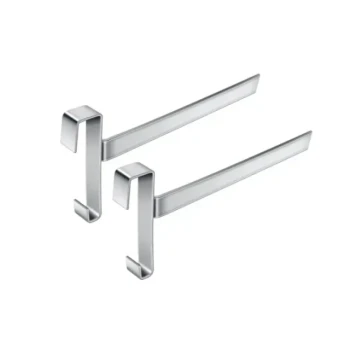The choice between wooden and plastic bee hive frames is a foundational decision for any beekeeper, directly impacting your time, budget, and management style. Wooden frames are the traditional, lower-cost option that requires assembly and maintenance, while plastic frames offer durability and ease of use at a higher initial price. Your selection depends on balancing the trade-offs between natural materials and operational efficiency.
The core issue is not which frame material is definitively "better," but which one best aligns with your personal beekeeping philosophy, the time you can commit, and your long-term goals for your apiary.
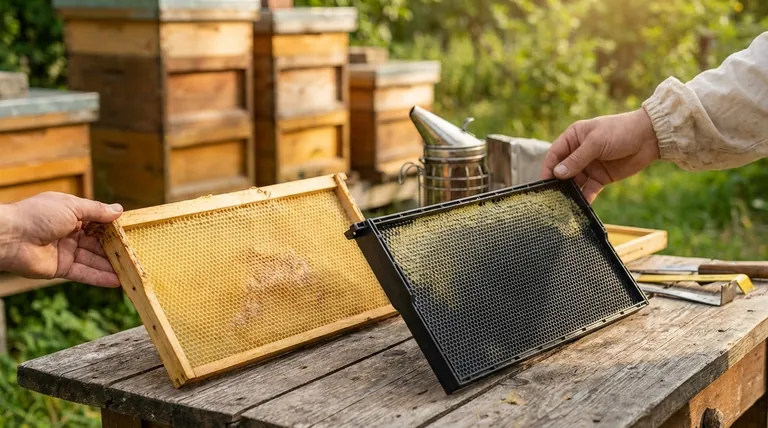
A Head-to-Head Comparison: Wood vs. Plastic
Understanding the practical differences between these two options is the first step in making an informed decision. Each material presents a distinct set of advantages and disadvantages across its lifecycle.
Assembly and Preparation
Wooden frames almost always require assembly. This involves nailing and often gluing the four wood pieces together, followed by installing a foundation sheet (either wax or plastic) and sometimes wiring it for support.
Plastic frames typically come as a single, molded unit. They are ready to use immediately after a light coating of beeswax is applied, which is critical for encouraging the bees to build comb on them.
Durability and Longevity
Plastic frames are exceptionally durable. They are resistant to damage from hive tools, stand up well to the forces of honey extraction, and are less susceptible to pests like wax moths.
Wooden frames are more fragile. They can break during inspections or extraction, and their lifespan can be shortened by rot or pests if not properly maintained.
Maintenance and Management
Wooden frames can require ongoing maintenance, such as repairing broken parts or re-wiring loose foundation. They can be more difficult to clean thoroughly.
Plastic frames are very low-maintenance. Their robust, non-porous surface makes them easy to scrape clean of propolis and wax, and they can even be power-washed for deep cleaning and sterilization.
Bee Acceptance
Bees naturally work with wood and wax. They readily and quickly draw out honeycomb on wax foundation in wooden frames, as it most closely mimics their natural environment.
Bees can be hesitant to accept plastic frames. A sufficient coating of beeswax is essential to encourage them, and even then, they may sometimes be slower to build on plastic compared to a natural wax foundation.
Understanding the Trade-offs
Beyond the basic characteristics, you must consider the nuanced, real-world implications of your choice. This is where many new beekeepers find unexpected challenges.
The Hidden Labor of Wooden Frames
The lower upfront cost of unassembled wooden frames is a major draw. However, this monetary saving is directly traded for your time and labor. Assembling dozens or hundreds of frames is a significant, time-consuming task.
The Challenge of Plastic Frame Acceptance
The convenience of plastic can be negated if your bees refuse to use the frames. Failing to apply a proper coat of beeswax is a common and critical mistake that leads to slow hive development or the bees building undesirable burr comb elsewhere.
Upfront Cost vs. Total Cost of Ownership
Wood is cheaper per frame, but its shorter lifespan may mean you buy replacements more often. Plastic costs more initially but its durability can make it a better long-term investment, especially for commercial or large-scale operations.
Making the Right Choice for Your Goal
Your initial decision is not permanent; you can always switch or mix frame types later. However, starting with the option that best fits your goals will set you up for a more successful and enjoyable experience.
- If your primary focus is natural beekeeping and tradition: Choose wooden frames with pure wax foundation to provide the most natural environment for your bees.
- If your primary focus is efficiency and low maintenance: Choose plastic frames for their durability, simple preparation, and ease of cleaning.
- If you are budget-conscious and willing to invest time: Choose unassembled wooden frames to minimize your initial equipment costs.
- If you are unsure or want to experiment: Start with a mix of both frame types in your first hive to see what you and your bees prefer.
Ultimately, the best frame is the one that supports a healthy colony and keeps you engaged and effective as a beekeeper.
Summary Table:
| Feature | Wooden Frames | Plastic Frames |
|---|---|---|
| Initial Cost | Lower | Higher |
| Assembly Required | Yes (nailing/gluing) | No (ready-to-use) |
| Durability | Lower (can break, susceptible to rot) | Higher (resistant to damage, pests) |
| Maintenance | Higher (repairs, cleaning) | Lower (easy to scrape, power-wash) |
| Bee Acceptance | High (natural material) | Requires proper wax coating |
| Best For | Natural beekeeping, budget-focused | Efficiency, low-maintenance, commercial scale |
Ready to equip your apiary with the right frames?
As a trusted wholesale supplier to commercial apiaries and distributors, HONESTBEE provides durable, high-performance beekeeping equipment designed for scale and efficiency. Whether you're standardizing on durable plastic frames for easier management or sourcing traditional wooden frames, we have the bulk solutions to support your operation's growth and productivity.
Contact our team today to discuss your frame requirements and wholesale pricing.
Visual Guide
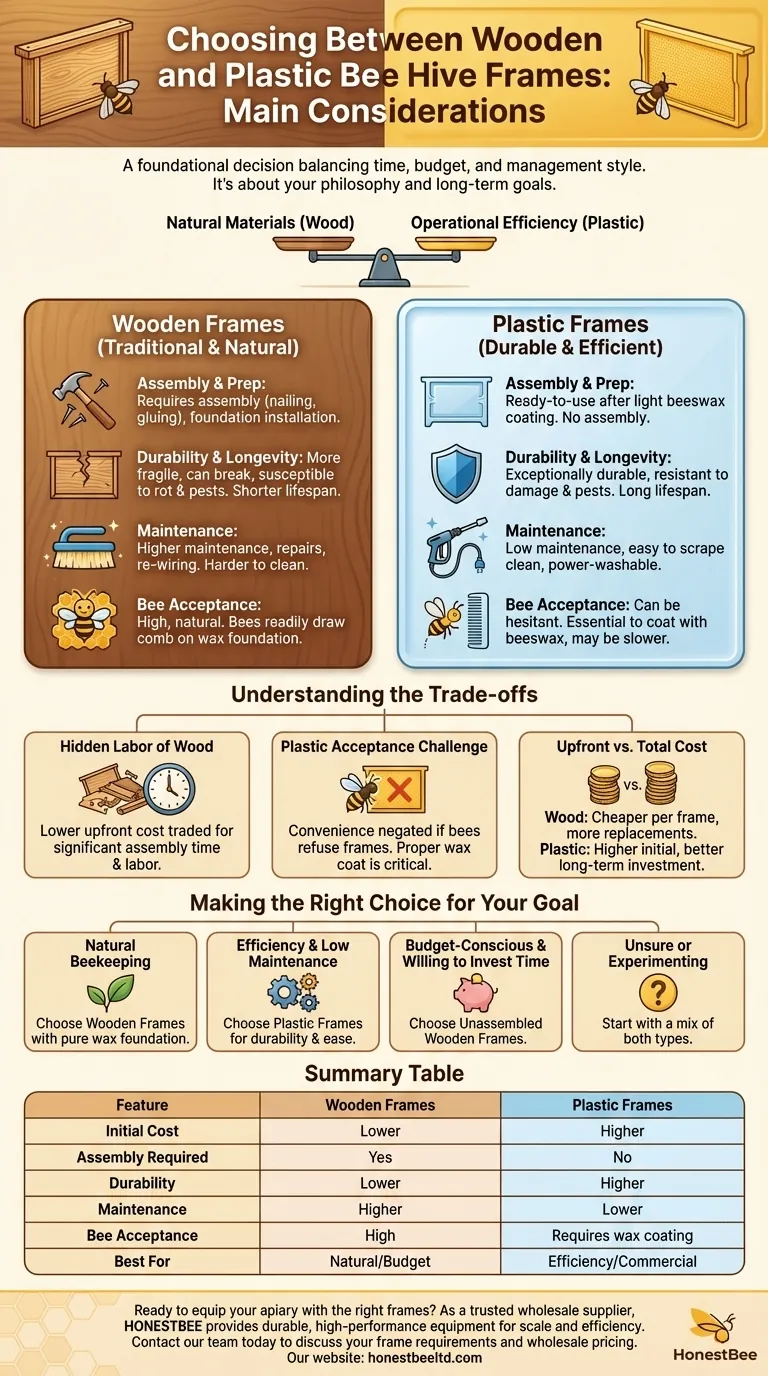
Related Products
- Plastic Bee Frame Beekeeping Hive Frames for Wholesale
- Assembled Wooden Bee Frames with Plastic Foundation for Durability and Convenience by HONESTBEE
- HONESTBEE Wired and Assembled Wooden Bee Frames Foundation for a Thriving Hive
- Assembled Wooden Bee Frames with Beeswax Foundation Ready to Use by HONESTBEE
- Heavy-Duty Stainless Steel Clip-On Frame Perch
People Also Ask
- Are plastic frames good? Boost Apiary Efficiency with Durable, Pest-Resistant Frames
- Can you boil plastic bee frames? Avoid This Costly Mistake and Protect Your Hive
- Can beekeepers switch between wooden and plastic frames? Optimize Your Hive's Performance
- What is the role of oxalic acid in plants? A Key to Plant Defense and Internal Regulation
- What are the advantages of plastic frames for beehives? Boost Apiary Efficiency & Durability

